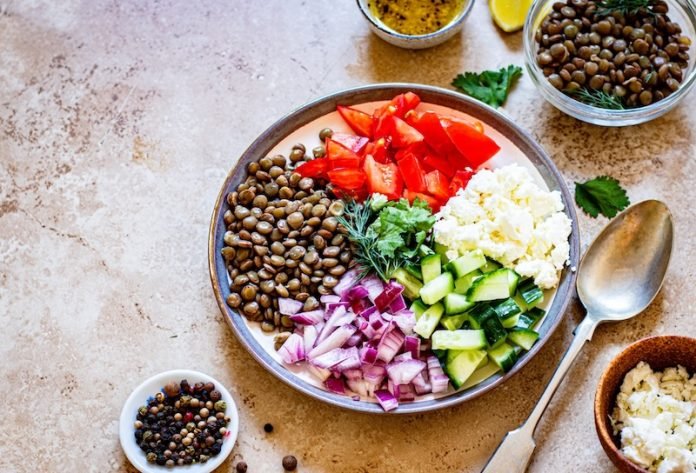
A recent study conducted by the University of Bonn suggests that an extract from red onion skin, containing a compound called quercetin, could be effective in reducing high blood pressure in overweight and obese individuals.
Understanding Quercetin
Quercetin is a flavonol, part of the polyphenol group of compounds found in various plant-based foods. It can be found in foods like capers, red onions, and kale.
Quercetin is known for its bitter taste and is often used as an ingredient in dietary supplements, beverages, and foods. Previous research has indicated that quercetin may have anti-hypertensive properties that can help prevent heart disease.
The study aimed to investigate the effects of regular quercetin intake on blood pressure in individuals who were overweight or obese and had pre-hypertension or stage I high blood pressure.
A total of 70 participants were included in the study and were randomly assigned to receive either 162 mg/day of quercetin from red onion skin extract powder or a placebo for six weeks.
Results
The study found the following key results:
In the high blood pressure group, quercetin supplementation led to a decrease in 24-hour systolic blood pressure by approximately -3.6 mmHg when compared to the placebo group.
Quercetin had a notable impact on reducing daytime and nighttime systolic blood pressure in individuals with high blood pressure.
However, quercetin supplementation did not affect various blood pressure biomarkers, including oxidation, inflammation, lipid levels, and glucose metabolism, in both the overall group and the subgroup with hypertension.
Conclusion
The research suggests that a daily supplementation of 162 mg of quercetin from red onion skin extract may help lower blood pressure, particularly in individuals with high blood pressure. This finding points to a potential heart-protective effect of quercetin.
High blood pressure is a significant health concern, and this study offers insights into a natural dietary supplement that may contribute to its management.
It’s essential to consult with a healthcare provider before starting any supplementation regimen, especially if you have specific health conditions or concerns related to blood pressure.
This study adds to the growing body of research on natural compounds and their potential health benefits.
While quercetin shows promise in blood pressure management, further research and clinical trials are needed to confirm its long-term effects and safety.
If you care about blood pressure, please read studies about Why checking blood pressure while lying down is very important and findings of Lowering top blood pressure number to less than 120 mm Hg effectively prevents heart disease.
For more information about high blood pressure, please see recent studies about what to eat or to avoid for high blood pressure, and 12 foods that lower blood pressure.
Copyright © 2023 Knowridge Science Report. All rights reserved.



